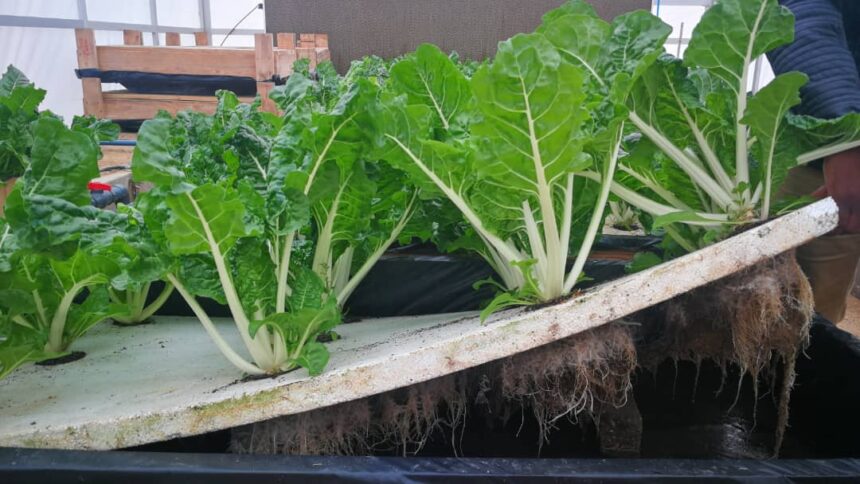Accessing existing markets to sell fresh produce remains a challenge for Namibians entering the crop production field, resulting in these farmers struggling to recoup their investments or make meaningful profits.
These sentiments were shared by Tjiueza Tjombambi (54), a retired government official who transitioned into crop production earlier this year to diversify his income. He is currently cultivating spinach, beetroot, tomatoes, green peppers and various other fruits and vegetables on his farm in the Karibib area. He shared his experiences during the first inaugural trade fair hosted in Omaruru by the Karibib and Usakos town councils, as well as the Omaruru municipality.
“I worked for the government for over 20 years. This year, I decided to venture into agriculture, and used my pension to invest in crop production. I want to challenge myself to become bigger and better to supply larger markets with my produce,” Tjombambi stated.
Reflecting on his journey into agriculture, he said you need to have a clear vision and goals when you retire. “My aim is to change mindsets, especially among the younger generation. Agriculture can be profitable, especially crop production, which yields quick returns.” he observed.
When asked about the challenges he faces, Tjombambi said he started approaching various companies where he could possibly sell his produce. But so far, there hasn’t been much progress.
“Big companies prefer well-established vendors, and this mindset needs to change. We need policies and management practices that support local producers and encourage these companies to buy locally”, he continued.
As Namibia embraces agriculture more and more, the farmer encourages communities to come together, share ideas, and work collectively towards a brighter future in crop production.
While the road ahead may be challenging, Tjombambi’s determination to overcome market access barriers and promote local produce remains unwavering.
Another farmer, Gabriel Kambinda, who also produces local vegetables, shared similar challenges. He specialises in vegetable production, and finds the new annual festival a valuable platform to showcase his produce and promote his family business on the outskirts of Omaruru. However, he too faces difficulties accessing local markets, and struggles with water shortages which threaten his production.
“We dug a man-made well to extract underground water for watering our crops. We have applied to the municipality for a prepaid card, which is what the municipality currently uses to supply water to the town’s residents. We are hoping for a positive response soon because we want to expand our farm,” he stated. Kambinda also hopes that local shops will one day sell their vegetables, allowing them to create employment and contribute to the country’s food security.
– edeklerk@nepc.com.na


